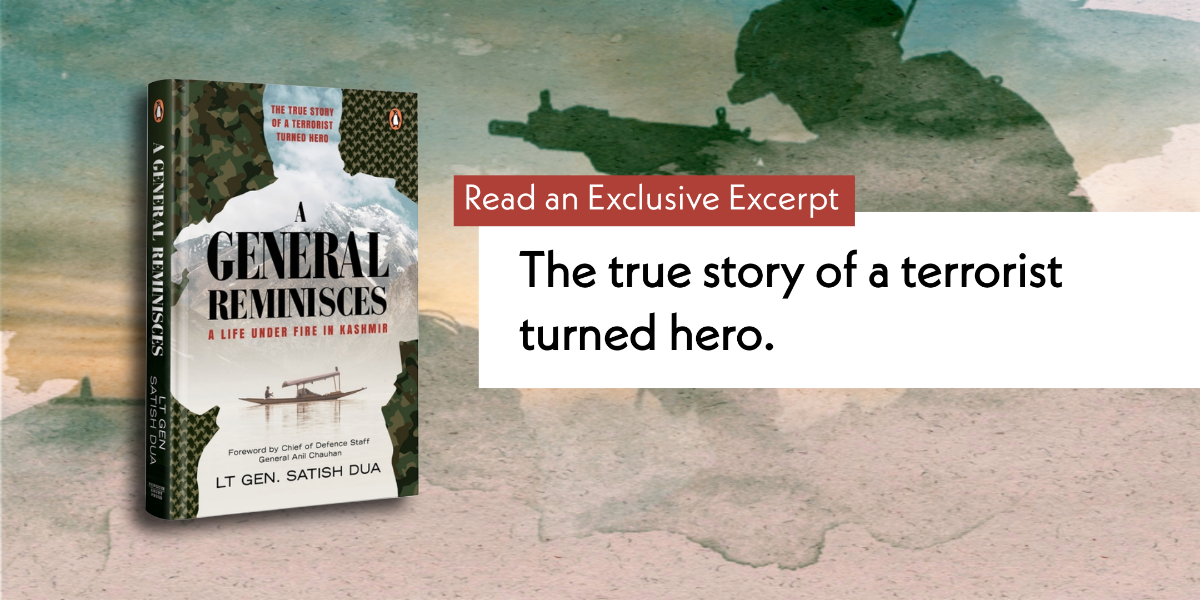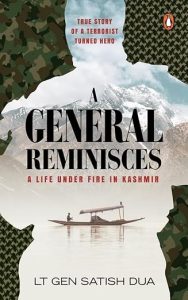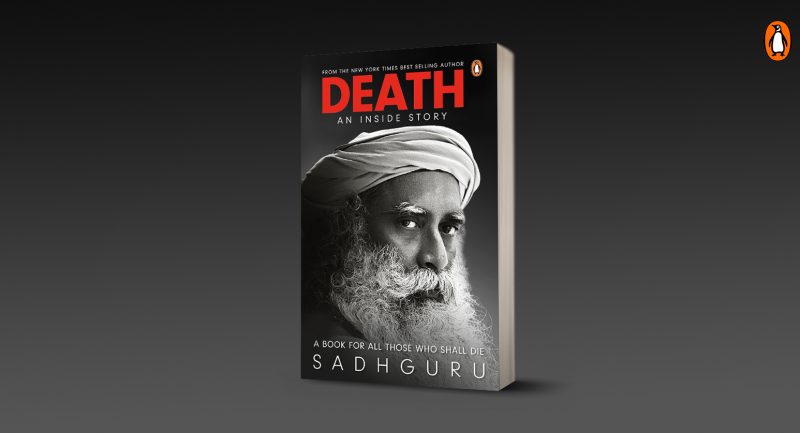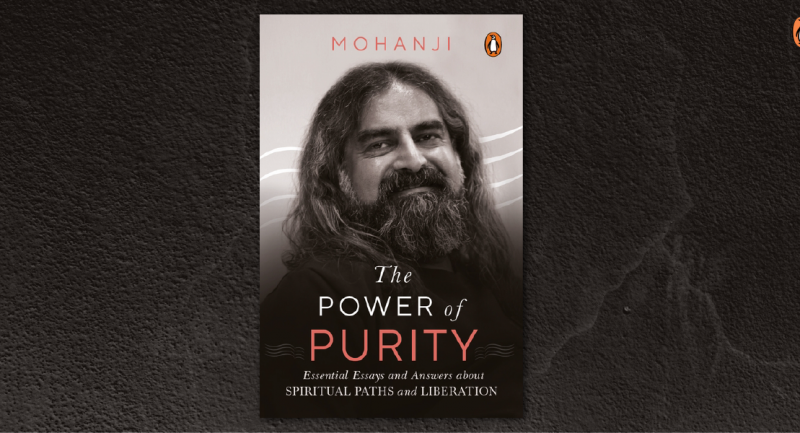
Lieutenant General Satish Dua retired as the chief of Integrated Defence Staff in 2018. In A General Reminisces, he reflects upon this time, his interactions with bureaucrats and experiences about the atmosphere at the Line of Control that divides Kashmir between India and Pakistan.
Read the excerpt of this inspiring story below.

General Reminisces
Satish Dua
He was the firstborn in the family of Sonuallah, a humble farmer who also ran a small dhaba. Sonuallah and his wife, Raja Begum, named the boy Nazir—Arabic for administrator—and had dreams of educating him well so they could all have a secure future. But they also expanded the family with three more boys in quick succession. The income that Sounallah earned from the farm and the dhaba was not enough to make ends meet.
Nazir’s early years were part of a peaceful, slow-paced life. Later, he would recall three incidents that left a deep impact on his young mind.
The first was his Kashmiri Pandit teacher at school, Pandit Shubhan Ji, whom everyone called Boba-ji. There were hardly any Hindu students because there was practically no Hindu population in their village. But Boba-ji made a profound impact on Nazir. One day, during the holy month of Ramzan, Nazir asked him, ‘Masterji, aap roza rakhte hain [Sir, do you fast]?’ When Boba-ji answered in the negative, Nazir asked with childish bluntness, ‘Toh aap kafir hain [So you are an infidel]?’ Boba Ji smiled at his pupil and said, ‘Main Navratra ka upwaas rakhta hoon [I fast during the Hindu holy days of Navratra].’ The teacher then explained patiently how different religions had different customs. It was like using different modes of transport to reach the same destination. ‘Jab tum shahar jaate ho toh koi cycle se jaata hai, koi bus par aur koi paidal. Akhir mein sab shahar pahunch jaate hain [You could travel to the city on a bicycle, by bus or on foot. But the destination is the same].’
Nazir was intrigued: ‘Toh aap namaz bhi nahin padte [So, you don’t even say the customary Islamic prayers]?’ By now, a few other boys were also listening to the teacher’s explanation with interest. Boba-ji then explained to the young lads how Muslims and Hindus have co-existed in harmony in Kashmir for centuries.
He told them about the spirit of Kashmiriyat and how the festivals of Hinduism and Islam are celebrated by people of both religions. Kashmiriyat is the centuries-old indigenous tradition of communal harmony and religious syncretism in the Kashmir Valley. It exemplifies the joint HinduMuslim culture, festivals, language, cuisine and clothing in the Kashmir Valley. In the spirit of Kashmiriyat, festivals of Hinduism and Islam are celebrated by both faiths. It was started by SultansZain-ul-Abidin in the sixteenth century, who promoted a policy of religious tolerance. He banned the slaughter of cows to be sensitive to Hindus. He allowed the Hindus to build their temples and follow the personal law according to the Dharmashastras. Nazir’s young mind could not follow all of it, but he grasped the spirit of it. What he particularly found fascinating was the story of the Kashmiri mystic Lal Ded, in which her body turned into a mound of flowers, half of which was cremated by the Hindus and the other half buried by Muslims, and serves as an emblem of the Kashmiriyat that keeps it alive until today. As per another account, her body turned into liquid in a basin, which was cremated and buried by Hindus and Muslims, respectively, as she was revered by both faiths.
The second memory, again from his childhood, was from the time he was travelling to another village in the higher reaches with a friend and his family to visit a distant cousin. En route, they saw a few foreign men and women walking with backpacks. They were laughing, chatting and taking pictures with their cameras. He asked his friend about them. His friend’s father explained to both of them, ‘They are foreign tourists who have come for trekking in Kashmir.’
‘Why would they want to walk when they have the money to travel by bus?’ Nazir wanted to know.
‘Because our Kashmir is so beautiful, they don’t want the journey to end so soon.’
The third such incident had to do with a retired soldier in the village. Sometimes, he would recount tales from his army days to a few young boys. His descriptions of army life and soldierly activities always made for a fascinating evening for Nazir and others who sat around and listened. One day, Nazir asked him, ‘Aapne bandook chalai hai [Have you ever fired a gun]?’ The soldier replied with pride in his voice: ‘Maine teen jung mein ladai ladi hai [I’ve fought in three wars].’ Nazir was impressed, and his young mind concluded that it must be a heroic thing to be at war. He suddenly said, ‘I will also fight wars when I grow up.’ The retired fauji (soldier) laughed as he said, ‘Oh, you are very brave.’ Little did he know that this young boy would one day become the recipient of the highest medal for bravery.
***
Get your copy of General Reminisces by Lt. Gen Satish Dua on Amazon or wherever books are sold.









